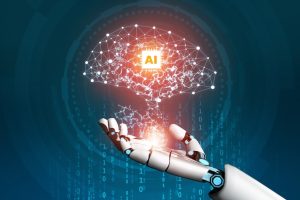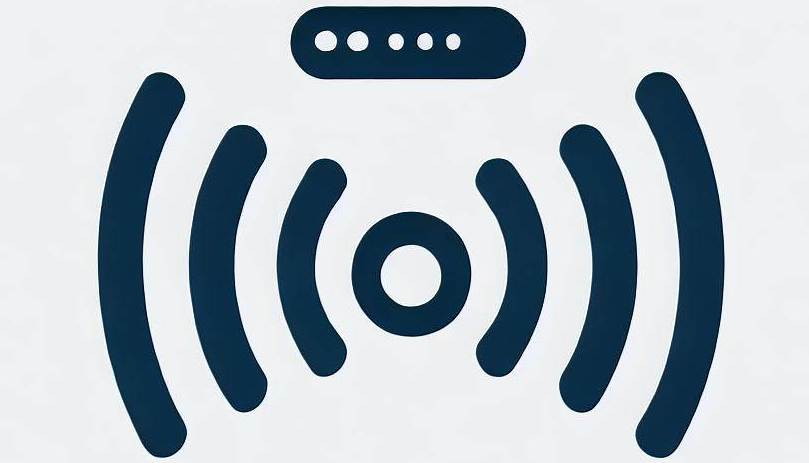
In the midst of our rapidly evolving technological landscape, an intriguing question emerges: Should we lend our ears to AI-generated sermons that delve into matters of spirituality? This inquiry delves into the intriguing confluence of advanced technology and matters of the soul, where the potential benefits and ethical quandaries intersect.
The Emergence of AI in Spiritual Discourse
With technology infiltrating numerous facets of our lives, it’s unsurprising that religion and spirituality would eventually be touched by its influence. Recent times have witnessed instances of AI crafting religious texts, analyzing scriptural texts, and even simulating dialogues with revered religious figures. The notion of AI-led sermons aligns with this broader trend of weaving technology into our spiritual endeavors.

Weighing the Pros of AI-Driven Sermons
Advocates of AI sermons posit that technology can infuse novel perspectives into spiritual teachings. By processing copious volumes of religious texts, historical contexts, and philosophical interpretations, AI can generate sermons steeped in nuanced and well-researched insights. Moreover, AI’s impartiality may render these sermons devoid of personal biases or agendas, potentially yielding messages that are more universally inclusive.
An additional advantage lies in addressing logistical challenges. In cases where human preachers are in short supply or accessibility to spiritual leaders is limited, AI can step in to offer solace and counsel. Additionally, AI-led sermons could be accessible at all hours, circumventing the constraints of time and geography.
Navigating Ethical Dilemmas and Drawbacks
However, the concept of AI sermons introduces ethical and philosophical dilemmas. Spirituality and religion are profoundly intimate and emotional aspects of human existence. Can AI genuinely comprehend the intricacies of human emotions, beliefs, and uncertainties? Critics contend that AI lacks the emotional intelligence and empathy that human preachers bring to their messages.
Another concern pertains to the risk of reducing matters of spirituality to mere algorithmic computations. Faith often entails forging a personal connection and seeking meaning that surpasses logical reasoning. Over-reliance on AI for spiritual guidance could potentially result in a superficial grasp of profound concepts.
Harmonizing Technological Progress and Spiritual Depth
The discourse surrounding AI sermons underscores the ongoing quest to strike a harmonious equilibrium between embracing technological strides and preserving the essence of human experiences. Rather than pitting technology against spirituality, it’s crucial to regard AI as a tool that can complement human endeavors.
AI’s contributions can be invaluable in terms of research, providing valuable insights into religious texts and historical contexts. Additionally, AI could aid in brainstorming sermon ideas, empowering human preachers to broaden their perspectives. Nevertheless, the actual delivery of a sermon, replete with emotion, empathy, and an intimate grasp of the human condition, remains an aspect that remains distinctly human.
In Conclusion
Contemplating the idea of AI-led sermons unfurls a realm of possibilities and complexities at the intersection of technology and spirituality. While AI can offer valuable insights and pragmatic solutions, it cannot supplant the deeply personal and emotive dimensions of faith. The decision of whether to engage with AI sermons ultimately hinges on our perspective of the role of technology in our spiritual journeys. It’s a call to conscientiously balance innovation with the preservation of the human touch in matters of the heart and soul.













